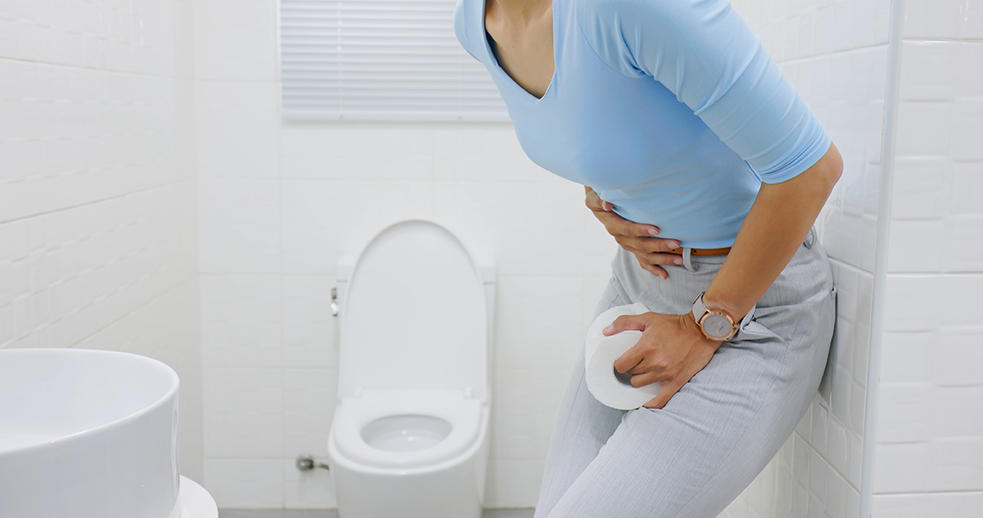Seeing blood in your stool can be alarming. Whether it appears bright red on the toilet paper or darker within the stool itself, it should never be ignored.
At Getwell Urgent Care in Southaven, we evaluate symptoms like rectal bleeding. While some causes are minor, others may require further testing and treatment.
If you’re unsure about what’s normal and when to get help, we’re here to guide you through it. Continue reading to learn more.
What Does Blood in Stool Look Like?
The appearance of the blood can give clues to where it’s coming from:
- Bright red blood usually indicates bleeding from the lower digestive tract, such as the rectum or anus.
- Dark red or maroon blood may suggest bleeding from higher up in the colon.
- Black, tarry stools (melena) can indicate stomach or upper gastrointestinal tract bleeding.
If you see any of these signs, it’s essential to monitor your symptoms and seek evaluation if the bleeding continues or worsens.
What Causes Blood in Stool?
You may notice blood during or after a bowel movement for many reasons.
Here are some of the most common causes:
- Hemorrhoids are swollen blood vessels in the rectum or anus that can bleed during bowel movements.
- Anal fissures are small tears in the lining of the anus, often caused by constipation or straining.
- Diverticulosis involves small pouches that form in the colon and can occasionally bleed.
- Gastrointestinal infections caused by bacteria or viruses can lead to inflammation in the digestive tract and result in bleeding.
- Inflammatory bowel disease (IBD) includes conditions such as Crohn’s disease and ulcerative colitis, both of which can cause blood in the stool.
- Colorectal polyps or cancer can also lead to bleeding, especially if it is persistent or accompanied by changes in bowel habits.
Even small amounts of bloody poop should be taken seriously, especially if they appear more than once.
When to Visit Urgent Care for Blood in Your Stool
While not all cases of bloody stool are emergencies, urgent care can be a great first step for evaluation.
Visit Getwell Urgent Care if you:
- Notice bright red blood in your poop, on the toilet paper, or in the toilet bowl.
- Have painful bowel movements or see blood more than once.
- Are also experiencing abdominal pain, nausea, or dizziness.
- Have a known history of hemorrhoids or fissures that are flaring up.
- Are unsure of the cause and want peace of mind.
Our team will take a medical history, perform a physical exam, and may conduct tests to help determine the source of the bleeding. Depending on the symptoms, you may be referred for further evaluation or a colonoscopy.
What to Do at Home if You See Blood
If bleeding is mild and you suspect hemorrhoids or constipation, you can:
- Increase your fiber and water intake to soften stools.
- Use over-the-counter creams or wipes for hemorrhoid relief.
- Avoid straining during bowel movements.
- Keep the area clean and avoid harsh wiping.
If bleeding persists, worsens, or you’re concerned, don’t delay care.
Fast, Compassionate Care for Gastrointestinal Symptoms in MS
Seeing blood in your stool can feel scary, but you don’t have to manage it alone.
At Getwell Urgent Care, we’re here to help you get answers quickly, relieve symptoms, and guide you toward next steps with a full spectrum of urgent care services.
We’re open seven days a week from 8 a.m. to 7 p.m., with walk-in availability and minimal wait times.
Call us at (662) 796-1111 or walk in today. Your health and peace of mind matter, and we’re here to support you with trusted care, close to home.

